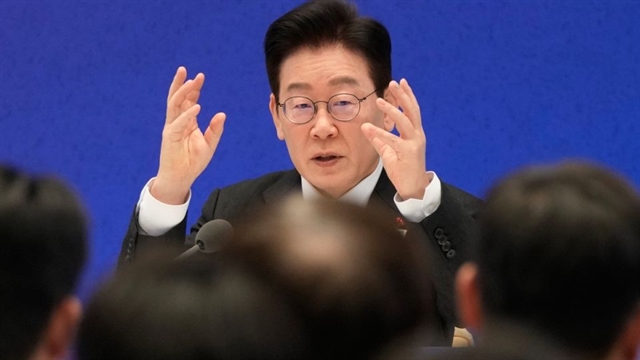 World
World

TOKYO — A total of 197 new coronavirus cases were confirmed in Tokyo on Saturday, a record daily increase for the fourth straight day, the metropolitan government said.
The figure topped the previous record of 189 marked on Friday, bringing the total number of infections in the capital to more than 1,900.
Of the 197 infections confirmed on Saturday, 152 or 77 percent had no clear infection routes, a metropolitan government official said. There were no deaths reported, and none was seriously ill.
On April 4, the daily rise in coronavirus cases in Tokyo topped 100 for the first time.
Japan has declared a state of emergency in Tokyo, Osaka and five other prefectures, urging residents to refrain from nonessential outings and some businesses to shut in a bid to prevent further escalation in the pandemic.
The latest figure for the pneumonia-causing virus infection in the capital comes as these prefectures entered their first weekend under a state of emergency.
Nationwide, infection cases rose by more than 710 to over 7,600 including about 700 from the Diamond Princess, a cruise ship that was quarantined in February near Tokyo. The death toll stands at 144.
On the same day, Prime Minister Shinzo Abe extended his request to all governors of all 47 prefectures to ask their residents to refrain from visiting nightclubs, hostess bars and busy downtown spots in a push to prevent cluster infections of the novel coronavirus.
Major Japan cities start 1st weekend under state of emergency
Areas around Shinjuku Station in Tokyo that are normally packed with shoppers appeared semi-deserted with department stores and restaurants closed for business.
"I came to the office because my work is piling up. It's the first time I've seen Shinjuku so empty on a weekend," said a Shinjuku Ward office employee in her 50s.
The lack of people in one of the Japanese capital's major transport hubs was further demonstrated by a timetable screen at the Shinjuku Expressway Bus Terminal which showed the majority of scheduled buses had vacant seats.
Atsushi Ushijima, a 52-year-old from Ishikawa Prefecture who manages a rental car-related business, said that declaration has prompted many people to leave urban areas, meaning more rental cars than normal are being dropped off in regional areas.
Japanese Prime Minister Shinzo Abe on Tuesday declared a state of emergency for Tokyo and the nearby prefectures of Kanagawa, Saitama and Chiba as well as Osaka, Hyogo and Fukuoka prefectures.
The decision came due to fears a recent sharp uptrend in the number of new cases in urban areas could lead to the healthcare system becoming dangerously strained.
The declaration, effective till May 6, seeks to reduce person-to-person contact by 70 to 80 percent from usual to prevent an explosive surge in infections.
Major department stores and restaurant chains were among the first to suspend operations, while many stores providing daily necessities, such as supermarkets and drugstores, remained open.
Requests for businesses in six industries, including karaoke venues and bars, to suspend operations took effect in Tokyo and Kanagawa prefectures from midnight Friday.
Medical institutions, banks and other businesses deemed essential for daily life were exempted.
Similar requests will take effect in Saitama Prefecture from midnight Sunday, while Osaka and Fukuoka prefectures will decide their responses on Monday.— KYODO

.jpg)


